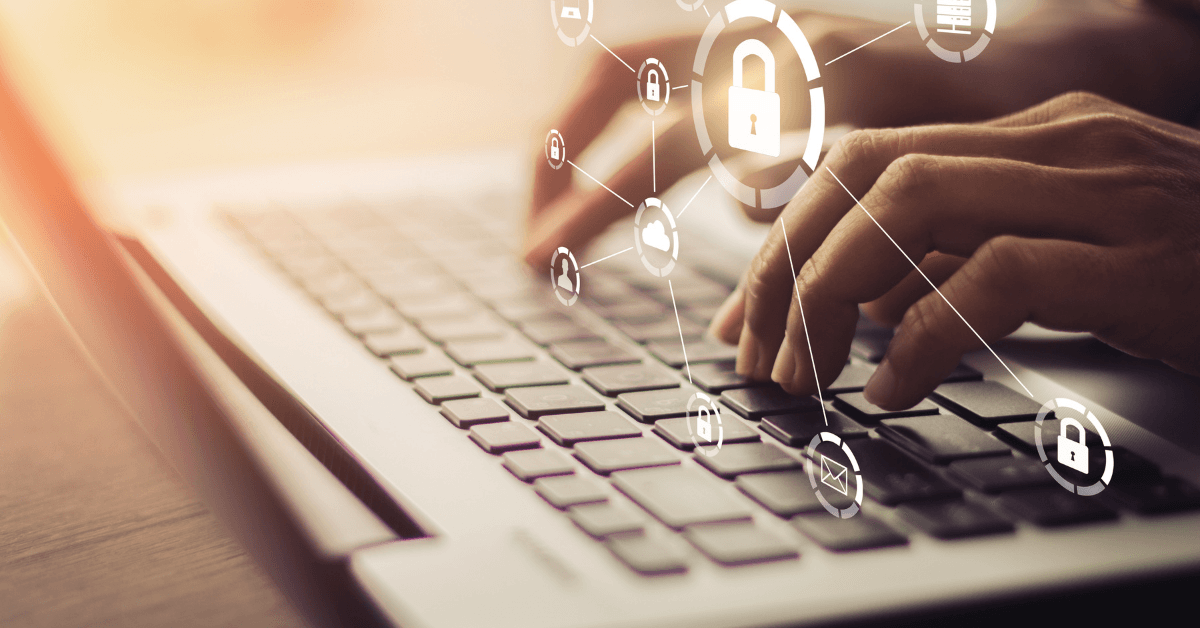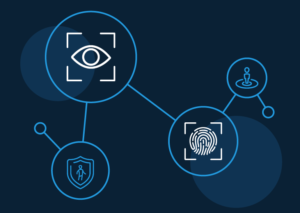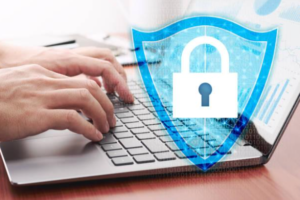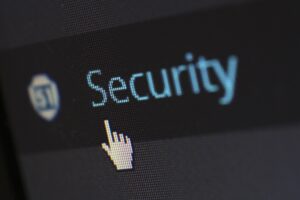In today’s interconnected world, protecting your virtual self is just as important as protecting your physical self. With cyber threats like phishing, malware, and identity theft on the rise, it’s essential to take steps to safeguard your digital identity. In this article, we will explore some of the ways you can stay protected in a world of digital intrusion.
- Keep Your Software Updated
One of the simplest and most effective ways to protect yourself is to keep your software updated. This includes your operating system, web browser, and any other applications you use regularly. Software updates often include security patches that can help prevent cyberattacks, so it’s essential to install them as soon as they become available.
- Use Strong Passwords
Passwords are the first line of defense against cyberattacks, so it’s essential to use strong passwords that are difficult to guess. A strong password should be at least 12 characters long and include a mix of upper and lowercase letters, numbers, and special characters. Avoid using easily guessable passwords like “password” or “123456” and consider using a password manager to generate and store strong passwords.
- Enable Two-Factor Authentication
Two-factor authentication provides an extra layer of security by requiring a second form of authentication, such as a text message or a biometric scan, in addition to your password. Enabling two-factor authentication can help prevent unauthorized access to your accounts, even if your password is compromised.
- Be Wary of Phishing Scams
Phishing scams are a common form of cyberattack that involves tricking people into giving away their personal information. These scams often involve emails or text messages that appear to be from a legitimate source, such as a bank or an online retailer. To avoid falling victim to phishing scams, be wary of emails or text messages that ask for personal information, and always double-check the sender’s email address or phone number.
- Use Antivirus Software
Antivirus software can help protect your computer from malware, viruses, and other forms of cyberattack. Make sure to keep your antivirus software updated and run regular scans to ensure that your computer is free of malware and other threats.
- Avoid Public Wi-Fi Networks
Public Wi-Fi networks can be a hotbed for cyberattacks, as they often lack the security features found on private networks. Avoid using public Wi-Fi networks when accessing sensitive information, such as online banking or shopping, and consider using a virtual private network (VPN) to encrypt your internet traffic.
In conclusion, protecting your virtual self is essential in today’s world of digital intrusion. By keeping your software updated, using strong passwords and two-factor authentication, being wary of phishing scams, using antivirus software, and avoiding public Wi-Fi networks, you can help safeguard your digital identity and stay protected against cyberattacks. Remember to stay vigilant and informed about the latest cyber threats and take action to protect yourself and your digital assets.







Be First to Comment